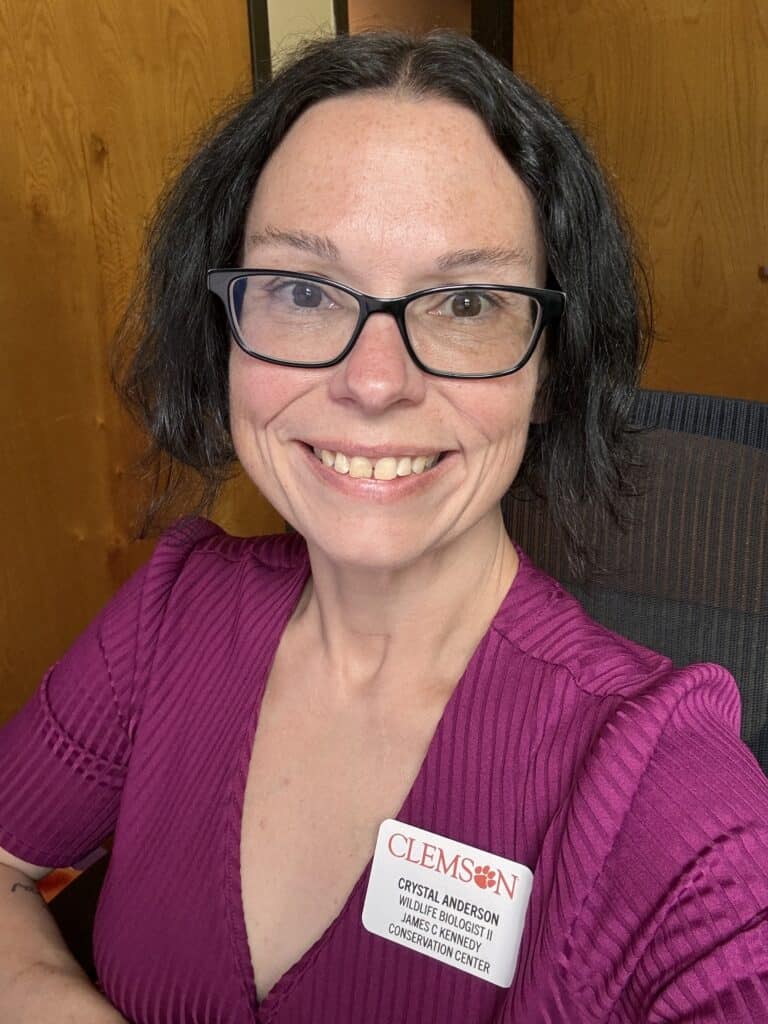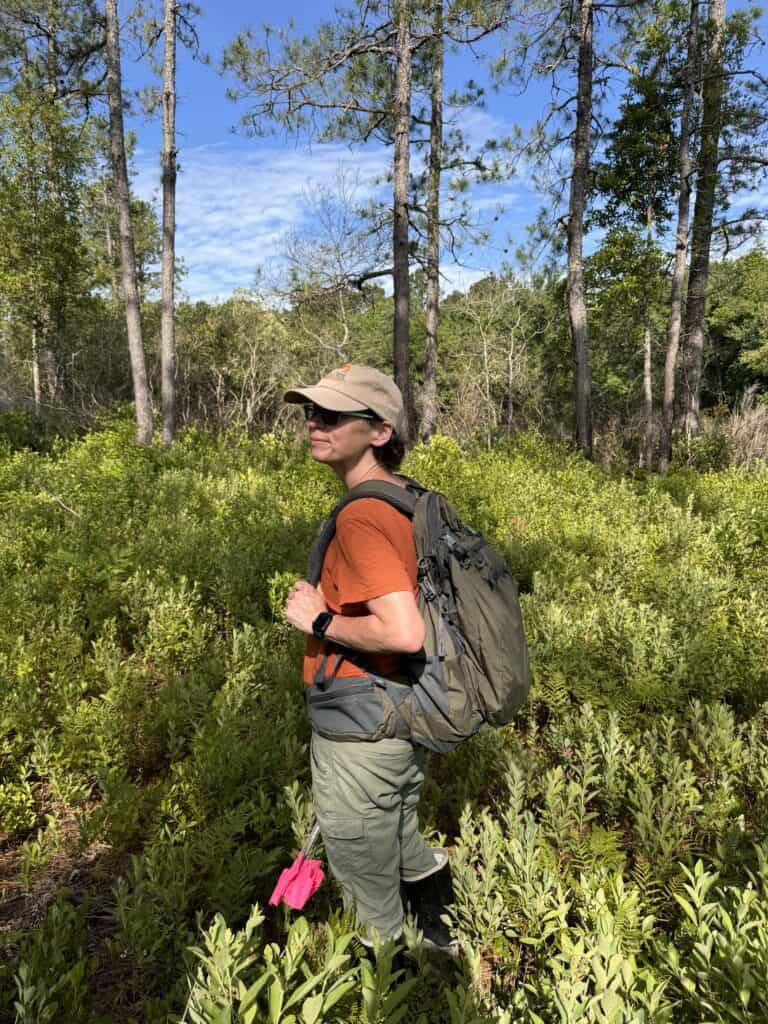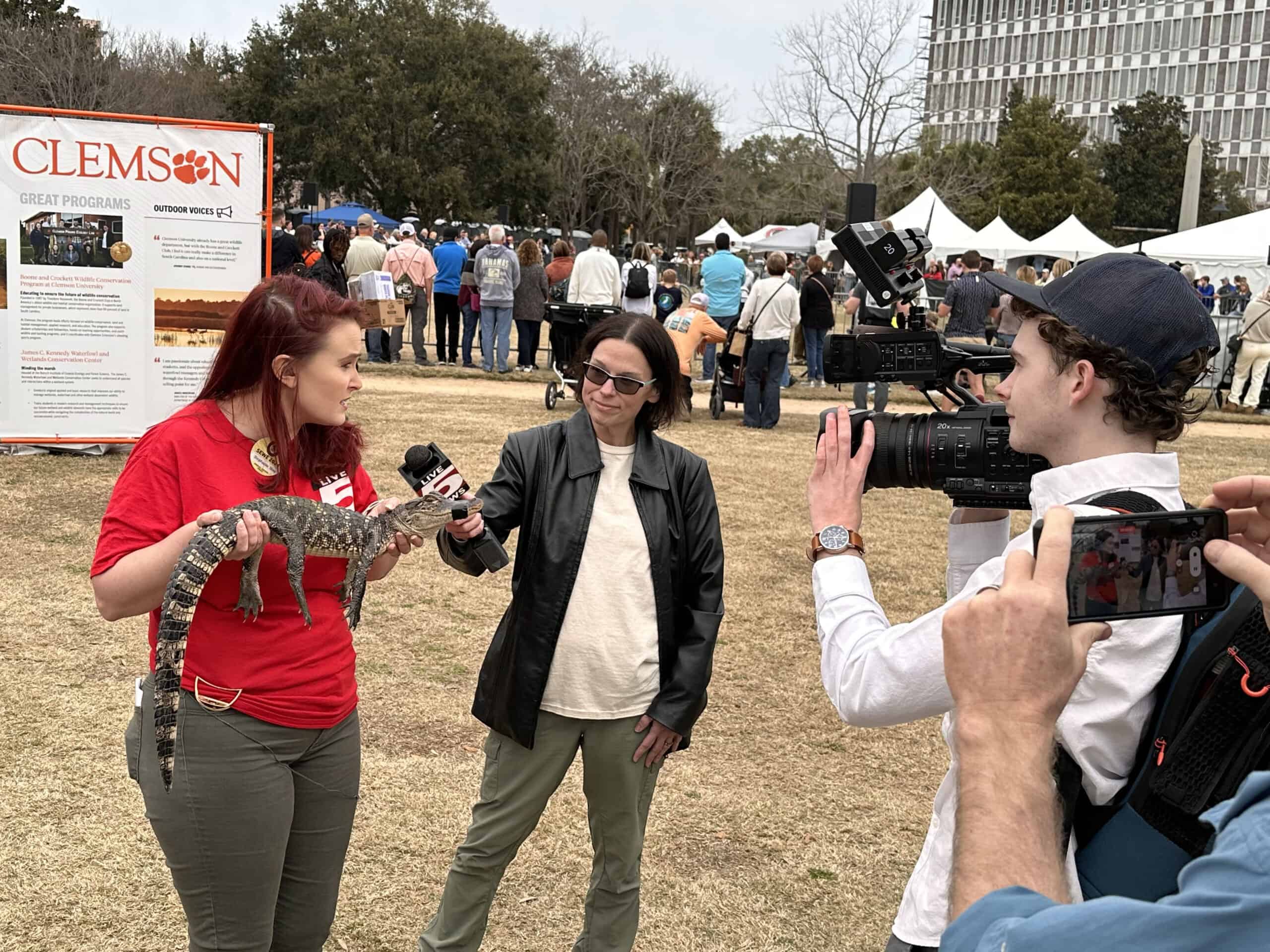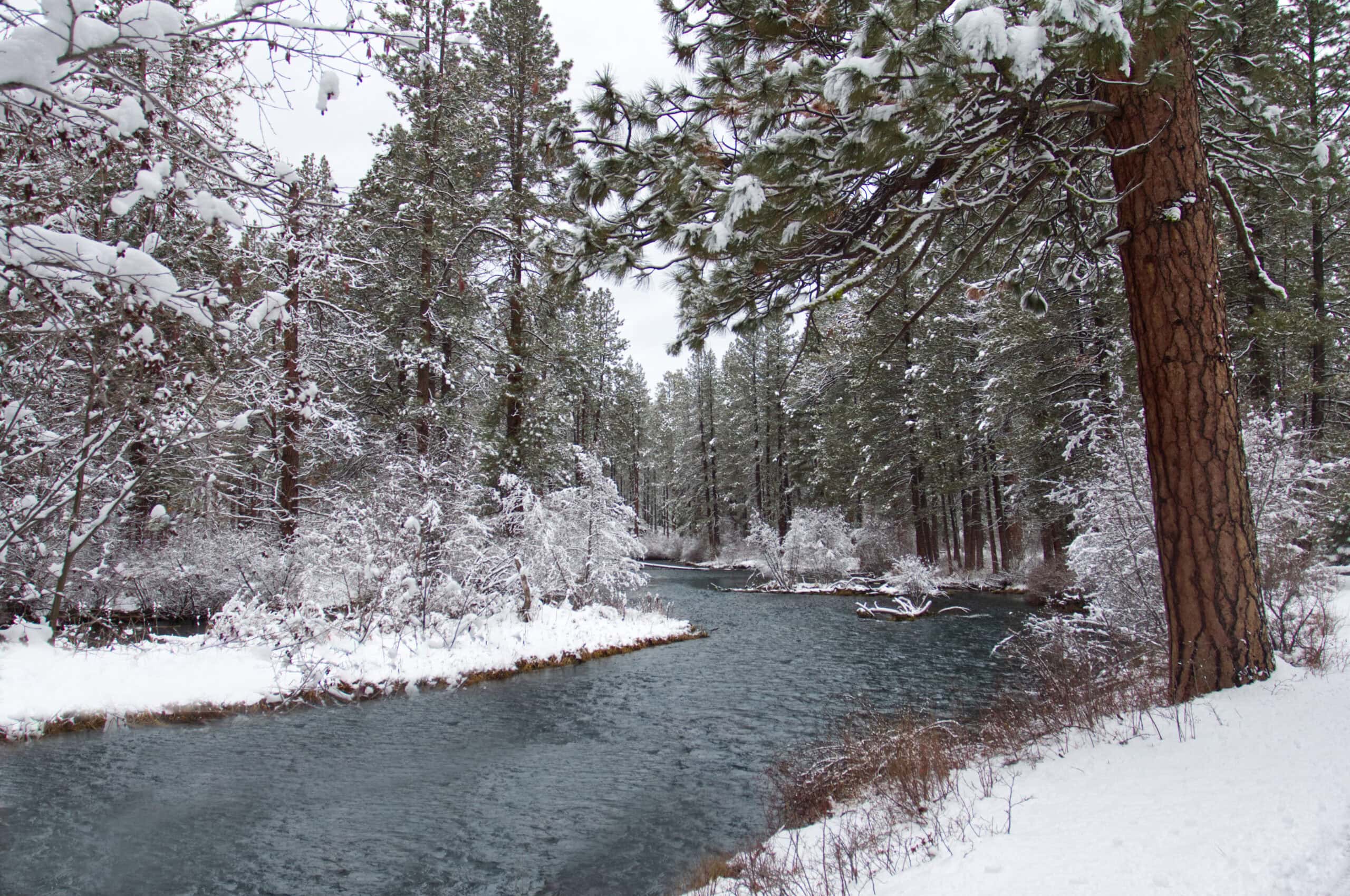Share this article
Wildlife Vocalizations: Crystal Anderson
TWS member discusses the importance of self-advocacy for neurodivergent individuals
As a wildlife student and professional with autism, the biggest lesson life has taught me is the profound importance of embracing my unique strengths and seeking out supportive people and resources. My journey has been a blend of professional challenges, personal growth, and the continuous need to adapt and advocate for myself in an environment not always tailored to neurodivergent individuals.
From the start, navigating social interactions and sensory sensitivities was challenging. The intensity of campus life and wildlife studies required me to develop strategies to manage these aspects. Through trial and error, I learned the importance of a structured routine and finding supportive people who allowed me to be myself. This self-awareness and adaptation were crucial for maintaining focus and emotional balance.
One of the most significant lessons was recognizing the value of self-advocacy. Early on, I realized that I needed to communicate my needs clearly to professors, peers and professional colleagues. This open and honest dialogue helped foster an understanding environment where I could excel as a wildlife professional. It also helped me build a network of people who could see my true potential and pushed me to be the best version of myself. Because I advocated for myself, my professors advocated for me.

A pivotal aspect of my journey was leveraging my unique strengths. Autism gave me a deep focus and passion for wildlife and forestry, making my intense interest and attention to detail assets in academic work. I excelled because I could fully immerse myself in things I loved. Embracing these strengths shifted my perspective from seeing autism as a limitation to recognizing it as a different way of experiencing the world.
Developing resilience was crucial. There were times when setbacks led to frustration and self-doubt. However, each challenge was an opportunity to learn and grow. I learned to be patient with myself, to celebrate small victories, and to view setbacks as temporary obstacles rather than insurmountable barriers. This resilience was fostered by a combination of self-reflection, seeking help when needed, and maintaining a positive outlook.

Finding a supportive community was a game-changer. Connecting with students in Clemson University’s student chapter of The Wildlife Society provided professional experiences that developed my research and networking skills. These communities offered invaluable friendships and a platform to share experiences and challenges. Being part of the state and national chapters of The Wildlife Society opened doors to unique opportunities and professional guidance, playing a crucial role in shaping my career aspirations and giving me the confidence to pursue ambitious goals.
No matter the struggles you face, embrace your unique strengths, advocate for your needs, seek out supportive communities, and develop resilience. The key to perseverance lies in understanding and embracing one’s individuality while seeking and creating environments that support and nurture your growth.
Wildlife Vocalizations is a collection of short personal perspectives from people in the field of wildlife sciences.
Learn more about Wildlife Vocalizations, and read other contributions.
Submit your story for Wildlife Vocalizations or nominate your peers and colleagues to encourage them to share their story. For questions, please contact tws@wildlife.org.
Header Image: Crystal Anderson helps meteorologist Stephanie Sine of WCSC News 5 deliver the weather report at the 2024 Southeastern Wildlife Exposition in Charleston, South Carolina. Courtesy of Crystal Anderson








